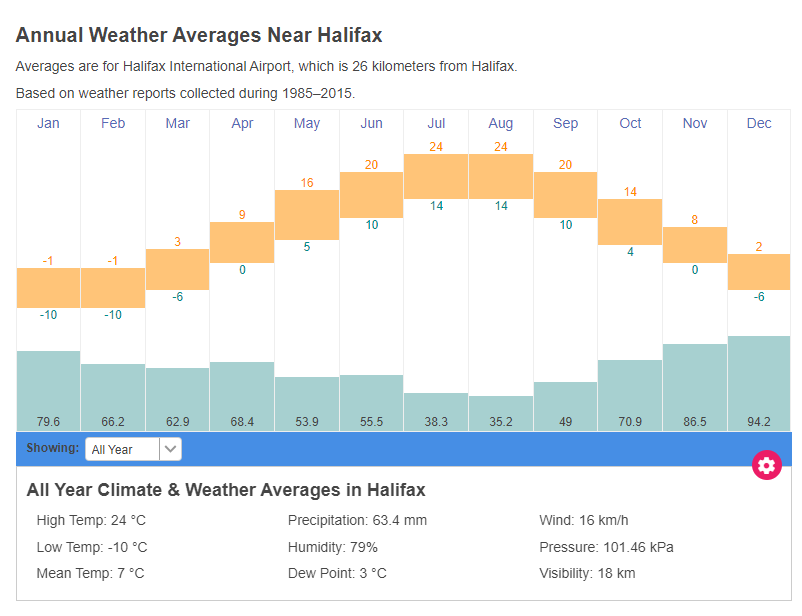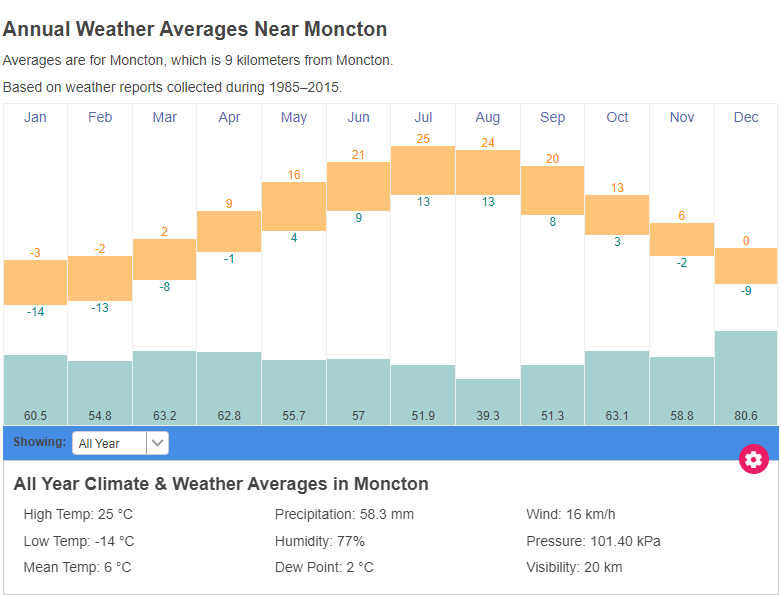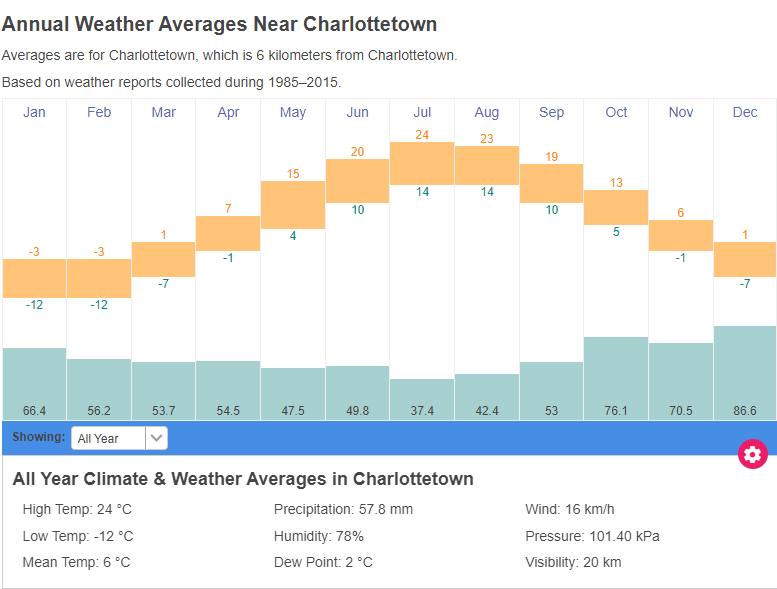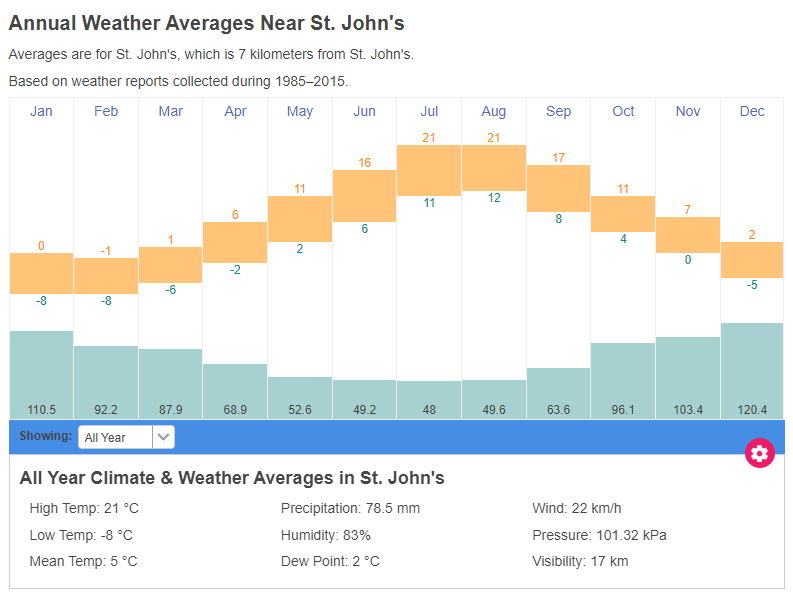Indeed, Atlantic Canada is renowned for its stunning landscapes and captivating beaches, yet it often finds itself among the coldest regions in Canada. A notable example of this chilling climate occurred on February 4, 2023, when Atlantic Canada experienced historically low temperatures, breaking records for coldness. Mechanic Settlement in southern New Brunswick, for instance, reached an astonishing -50°C, while Halifax International Airport recorded -43°C. These extreme Arctic temperatures are exacerbated by the relentless winds that sweep across the Atlantic region, leading to high wind chills.
The geographical orientation of Atlantic Canada, with its proximity to the Atlantic Ocean, plays a crucial role in intensifying the harshness of its winters. The oceanic influence contributes to a climate that is not only cold but also subject to rapid and severe temperature fluctuations. The impact of these climatic conditions is particularly felt when the biting wind interacts with the frigid air, creating challenging conditions for residents and visitors alike.
In essence, while Atlantic Canada boasts breathtaking scenery and picturesque coastlines, it is no stranger to the biting cold that characterizes its winter months. The combination of extreme temperatures, powerful winds, and the Atlantic Ocean’s influence makes this region one of the coldest and most challenging places to endure winter in Canada.
According to timeanddate.com, a reputable source for weather reports, Atlantic Canada experiences a climate that spans a range of temperatures throughout the year. Summers in this region are characterized by an average high temperature of 24 degrees Celsius, providing a pleasant and comfortable environment for residents and visitors. This moderate summer climate offers an ideal setting for outdoor activities, showcasing the region’s picturesque landscapes and inviting beaches.
Yes, Atlantic Canada is Cold
In contrast, winters in Atlantic Canada can be challenging, with an average low temperature of -15 degrees Celsius. Despite the cold winter temperatures, this range is within the bounds of human adaptability, allowing for survival and daily activities with appropriate clothing and preparations. The varied climate of Atlantic Canada, from warm summers to cold winters, adds to the diversity of experiences one can enjoy in this captivating region. Overall, the temperature fluctuations align with a range that accommodates both the enjoyment of outdoor amenities during the warmer months and the resilience required for winter living.

The following data displays the annual average temperatures for the capital city of each province: Source: timeanddate.com
NOVASCOTIA – HALIFAX
The Chart for Average Annual Weather in Halifax

NEWBRUNSWICK – MONCTON
The Chart for Average Annual Weather in Moncton

PRINCE EDWARD ISLAND – CHARLOTTETOWN
The Chart for Average Annual Weather in Charlottetown

NEWFOUNDLAND & LABRADOR – ST JOHN’S
The Chart for Average Annual Weather in St John’s

In conclusion, winters in Atlantic Canada are characterized by their harshness, with cold temperatures, heavy snowfall, and frequent storms impacting the region. These winters pose significant challenges to residents and infrastructure, but they also contribute to the region’s unique identity and offer opportunities for winter activities. Overall, winters in Atlantic Canada demand resilience and preparation, while also providing moments of beauty and adventure amidst the cold.
